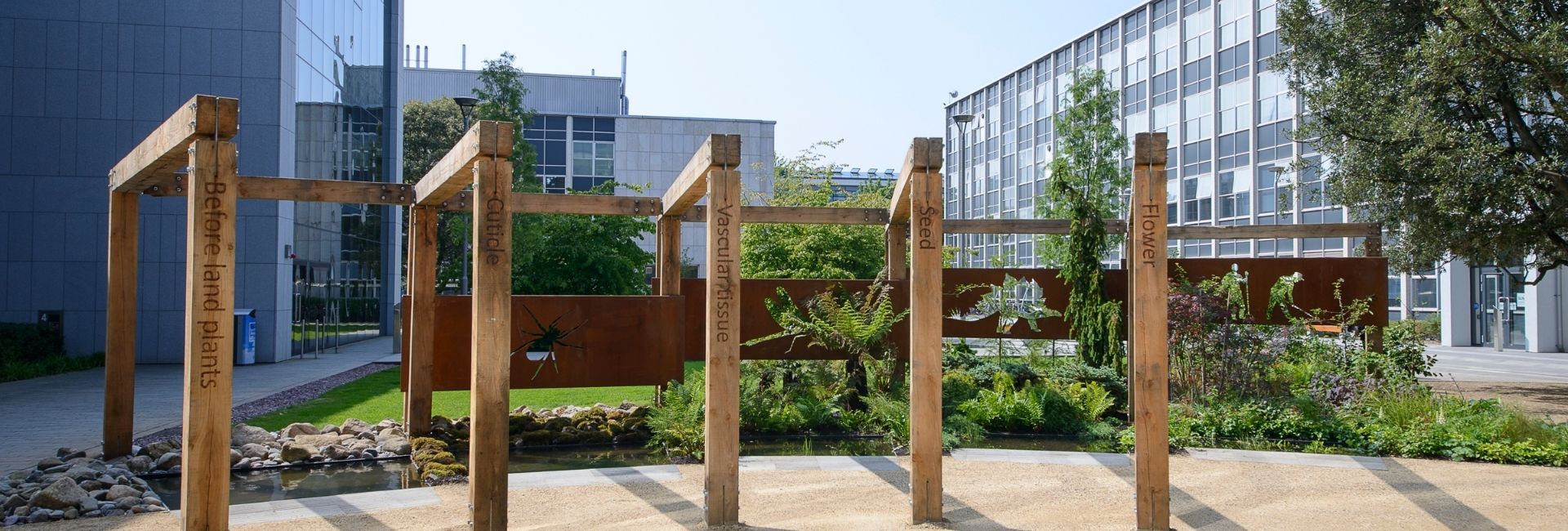Here are a few tips for how to begin looking for a potential supervisor at UCD:
- UCD Course Search: find the research programme that best matches your skills and qualifications.
- (opens in a new window)Find Researchers at UCD: input a keyword associated with your preferred area of research and find a researcher working in that area.
- Colleges & Schools: view the research being undertaken and the academic members of staff working in each area.
- Current UCD scholarship opportunities: find where funded graduate research positions are advertised.

